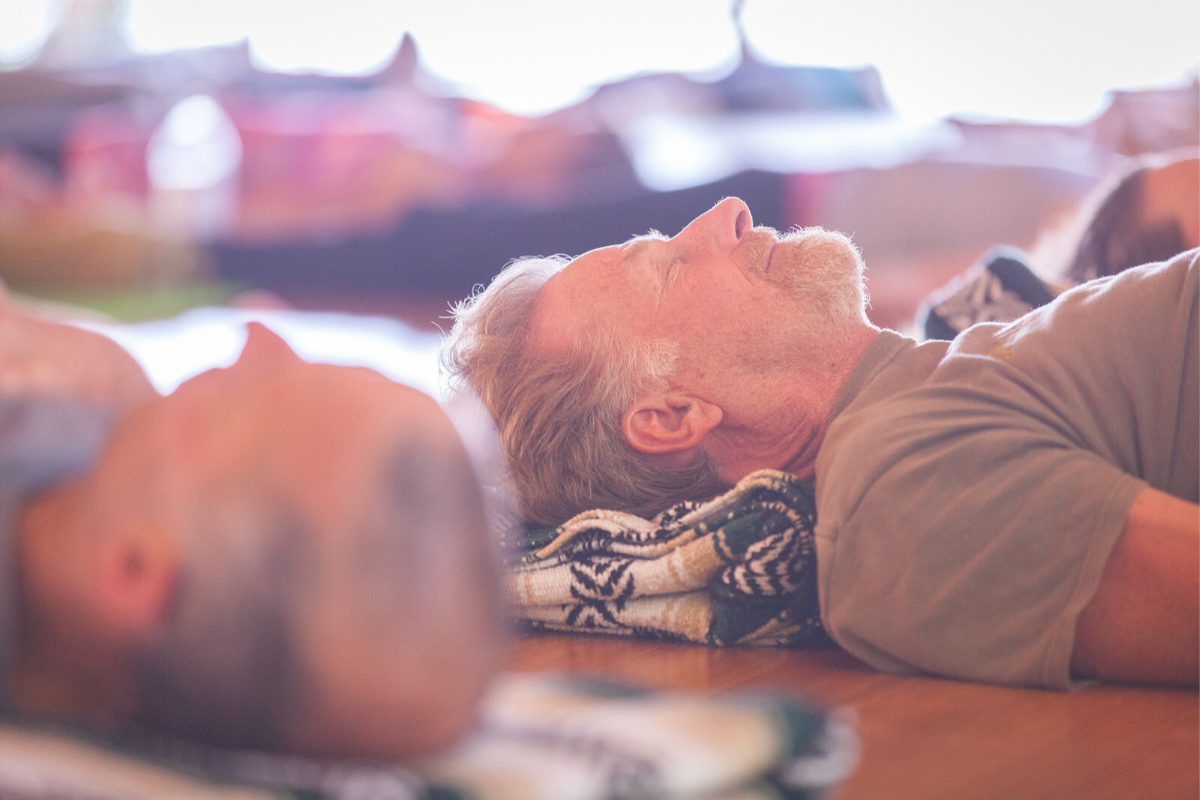One may say, “I’m not responsible for feeling bad when someone screams at me, or for feeling desperate when people make me wait.”
There’s a fine line, though, between immediate feelings and emotional actions.
According to physics, it is quite accurate to say we are not responsible for feeling things such as like or dislike (as for some type of food, for example.) Whenever we receive a stimulus through any of our five senses, the first thing our neurons do is send information to the Limbic System in our brain, which is in charge of processing emotional answers and pleasant or painful sensations. Our immediate judgment is that something is good, bad or neutral. Right after we’ve made this verdict, the information is passed to the Neocortex, the analytical and rational part of the brain. This shows that sometimes we experience feelings about something (like attraction or rejection) and we “react” before rationalizing it because the stimulus hasn’t gotten yet to our Neocortex.
Xinalani's All Inclusive Packages
When referring to emotional actions, though, the scenario changes a bit. They are the result of some complex connections between our neurons called synapses, which are electric shocks that pass the information from one neuron to another so that the brain can give our physical body instructions to respond.
For example: whenever your husband calls you “crazy woman”, you get mad, and two of your neurons make an electric shock that gives the instruction for your skin to shrivel, your body to tense and your mouth to open wide to scream at him.
The amazing thing is that it has been proven that our neurons create familiarity among them. They make strong neurological connections, and whenever they react to something specific repeatedly, these connections get stronger and stronger. This means that if you experience anger each time your husband calls you “crazy woman”, your neurons will get closer. The more often this happens, the more likely the neurons will react faster and easier causing you to erupt almost instantly.
Shocking, right? Well, it doesn’t stop there.
If you realize you are getting angry before you actually “react” to your emotion, and you chose to stay calm and not to scream… the neurological connections between your neurons start to become weaker! This means that in time you will find it a lot easier to react in a non-aggressive way and you’ll “let it go” faster. The brain capacity of replacing old connections with new ones is what Neuroscience calls “neuronal plasticity” .
By identifying these triggers and controlling your reactions, you will be on the road to controlling your emotions too. So now the question is how can we identify our emotions before we act? One of the answers is: while we meditate.
Beautiful Eco Chic Rooms and Beach Casitas
Meditation is about (and not only about*) realizing our mind and our body patterns. Every time we meditate, we pay special attention to our feelings and thoughts as they arise, and little by little we are able to do the same thing in our normal daily life, not just as we meditate.
Are we responsible for our immediate feelings? No, we are not. Are we responsible for our emotional actions? Yes, indeed we are.
Physically, meditating can help us to have more positive emotions and to construct our own neuronal net map, which means we are definitely accountable for changing most of our “reactions” into “actions”.
About the Author

Andrea Pieck is a part of the Xinalani yogi family. She enjoys writing, yoga, traveling and spending time with her friends and family.




